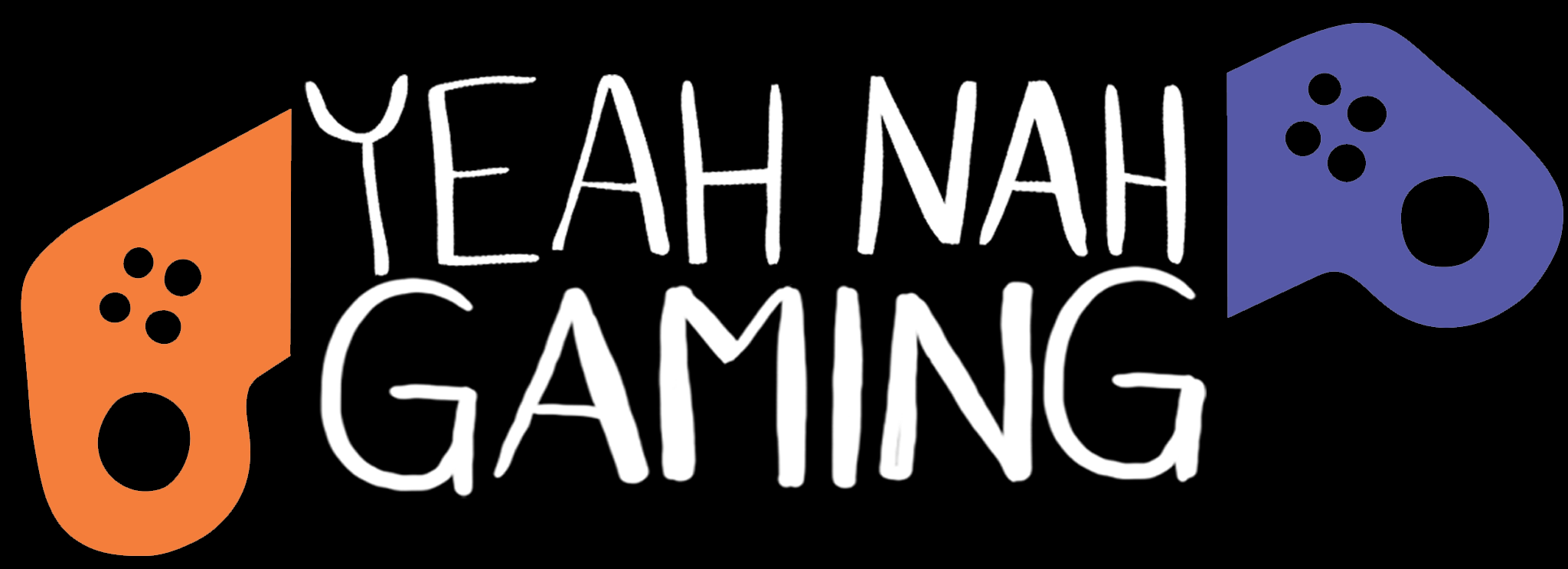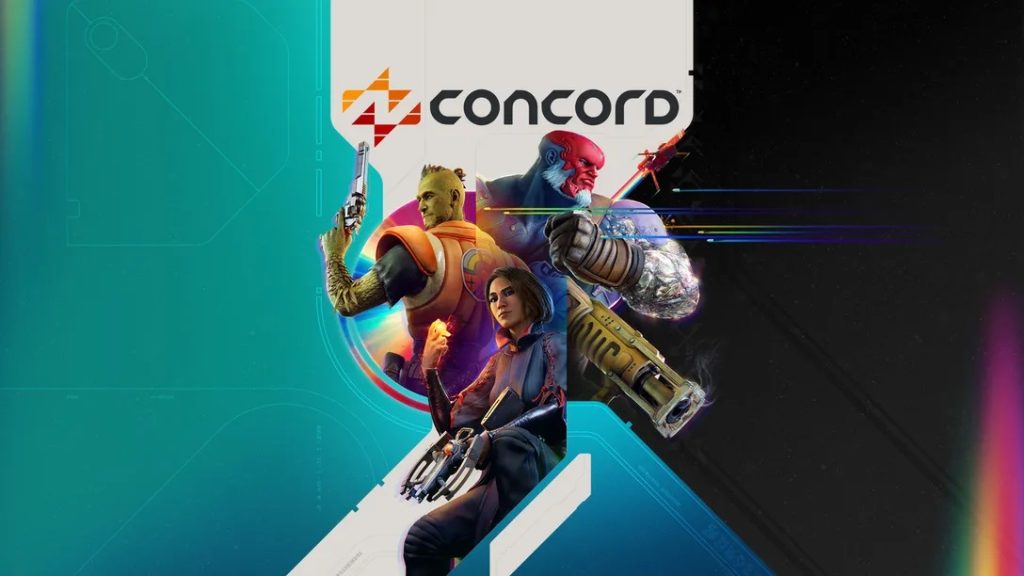Concord was fine.
Concord has been shut down.
At launch, an entire cottage industry of engagement-driven criticism willed itself into existence around the game; a greasy substrate in the knee-high pool of ‘online discourse’ where the most annoying people you know regurgitated the most asinine opinions you’d ever heard. A cursory search on YouTube returned talking heads gleeful at the game’s woes, bemoaning its queue times or speculating on its player numbers, breathlessly connecting bits of red string between the words ‘woke’ and ‘pronouns.’ It became impossible to talk about Concord as a game without talking about it as a service—which is a shame, because there were things to like about it.
At its core, Concord was a team-based shooter. You selected characters from a pool of sixteen heroes, each one with their own unique movement, weapons, and abilities, and had them duke it out across a range of colourful but ultimately unremarkable arenas. The shooting was competent, with the majority of weapons fitting into standard categories like assault rifles, SMGs, or pistols. Some characters had more unique loadouts, like a bomb-slinging crossbow or a vacuum that could suck up deployed gadgets and shoot them back at enemies, but for the most part you were firing familiar video game weapons.
And that’s mostly all you could say about Concord: it was familiar.

It had some systems draped over it to add layers of strategy, but these were poorly explained and implemented. You could earn passive bonuses (like increased reload speed or longer range) by creating your own roster of characters in pre-determined roles, and over the course of a match eventually stack all of those bonuses on one character. But, nobody engaged with the system because the tutorials used to describe it were awkward and cumbersome. You could also unlock Variants of characters, with different traits like extra ammo or grenades, but they were gated behind grindy weekly challenges or just open to the whims of a singular unlock track, meaning you couldn’t work your way towards a Variant of a character you enjoyed playing.
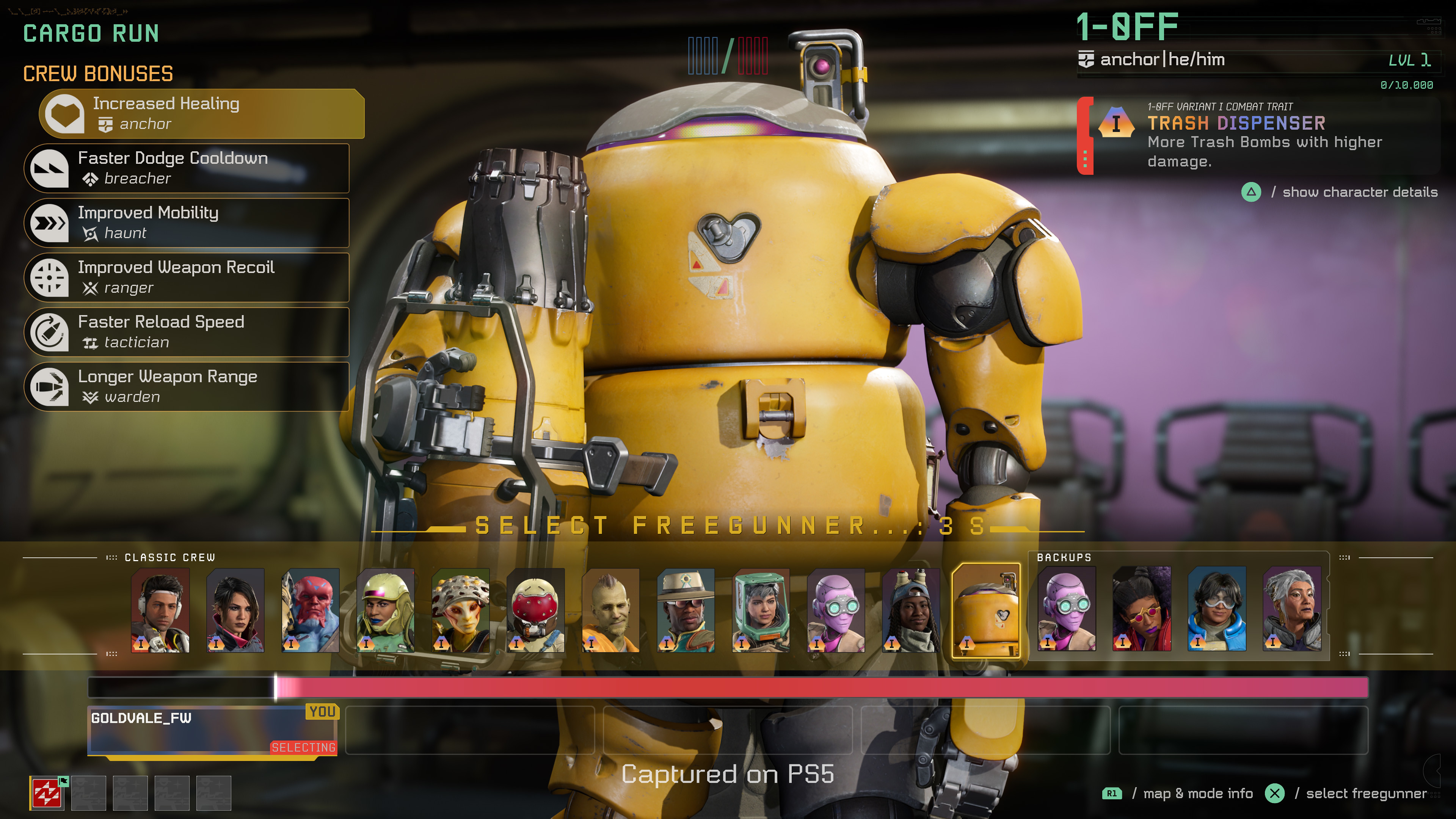
Concord’s characters were supposed to be its big draw, but they mostly fell flat. The release trailer showed a team of plucky thieves shooting quippy banter back-and-forth. While the Whedon-esque script and its staccato rhythm did nothing for me personally, it was at least a stylistic choice—but one that wasn’t present in the moment-to-moment gameplay. Characters didn’t trade dialogue as they waited for a match to start, they didn’t trash talk or celebrate each other’s plays. There was no spectacle to them, and no amount of 90-second cutscenes released on a weekly basis could fix that. Overwatch and Apex work because they celebrate their characters. Concord’s heroes felt like toys trapped inside blister packets: pretty to look at, but all I really wanted to do was take them out of their plastic prisons and smash them together while making wooshing and explodey noises.
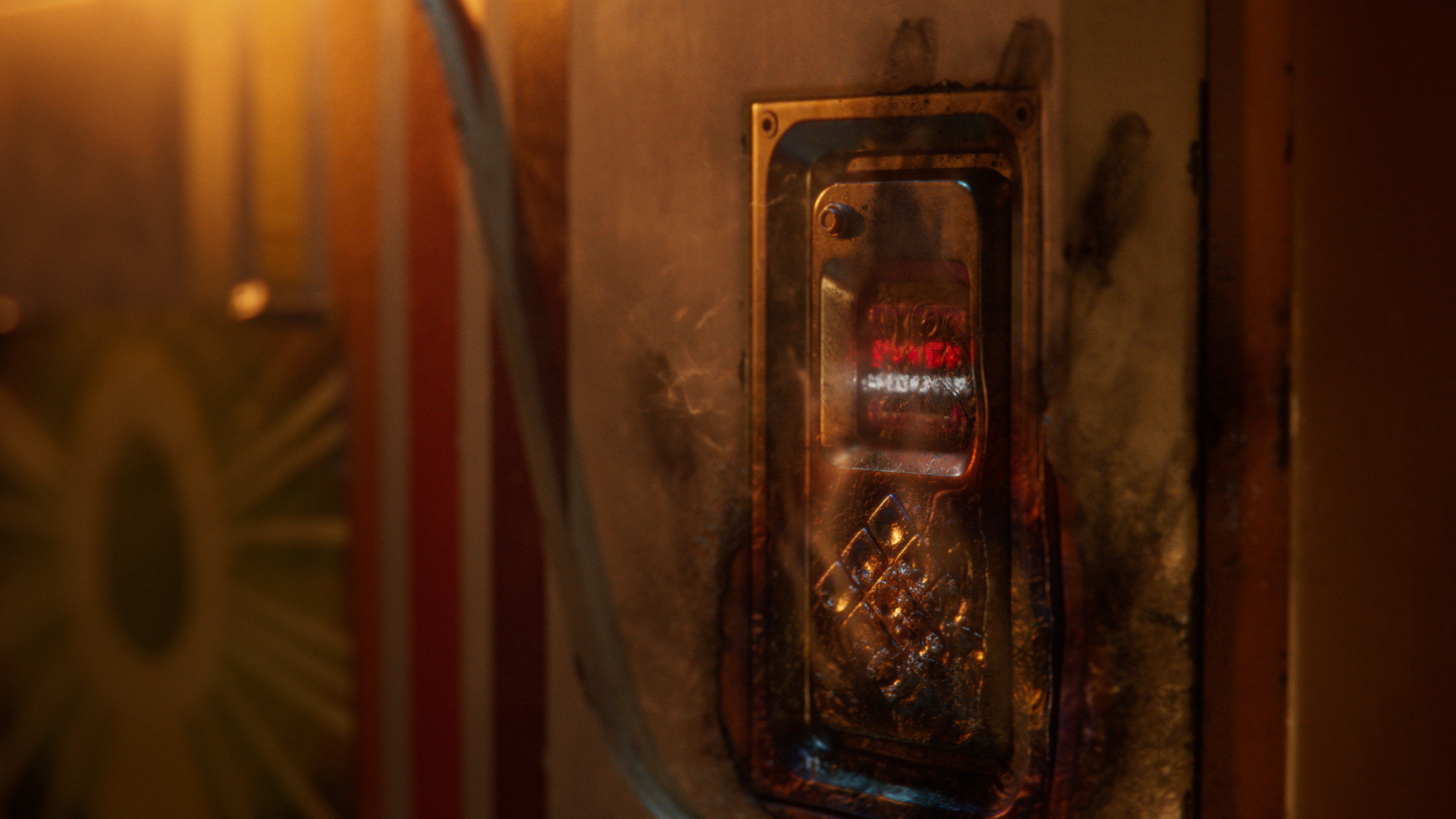
These things were already stacked against Concord, but it didn’t die because of them. The blame can be placed squarely on Sony, and their reckless push into the live service space with little regard for sustainable development.
Sony bought developer Firewalk Studios in April 2023 and added them under the PlayStation Studios umbrella to “define a new generation of live service experiences.” Ignoring the corpo-speak word salad, Sony’s intentions were pretty clear: to build up a portfolio of live-games to escape the gaping hole nipping at their heels that is modern AAA development. They already acquired Bungie in 2022, and made bold claims that they were going to release 10 live service games by 2026 (a figure they then more conservatively cut in half). You can see how a room full of suits might rub their hands together at the idea of games-as-a-service; COVID unrealistically jacked up user numbers, and the thought of needing something in perpetuity—akin to a service like gas or electricity—would be catnip to a crowd of people that think with child-like awe that anything can grow forever. But games have long lead times, and making a gamble on what was popular years ago is risky. The problem is that management never pays the price: it’s the workers below that do.
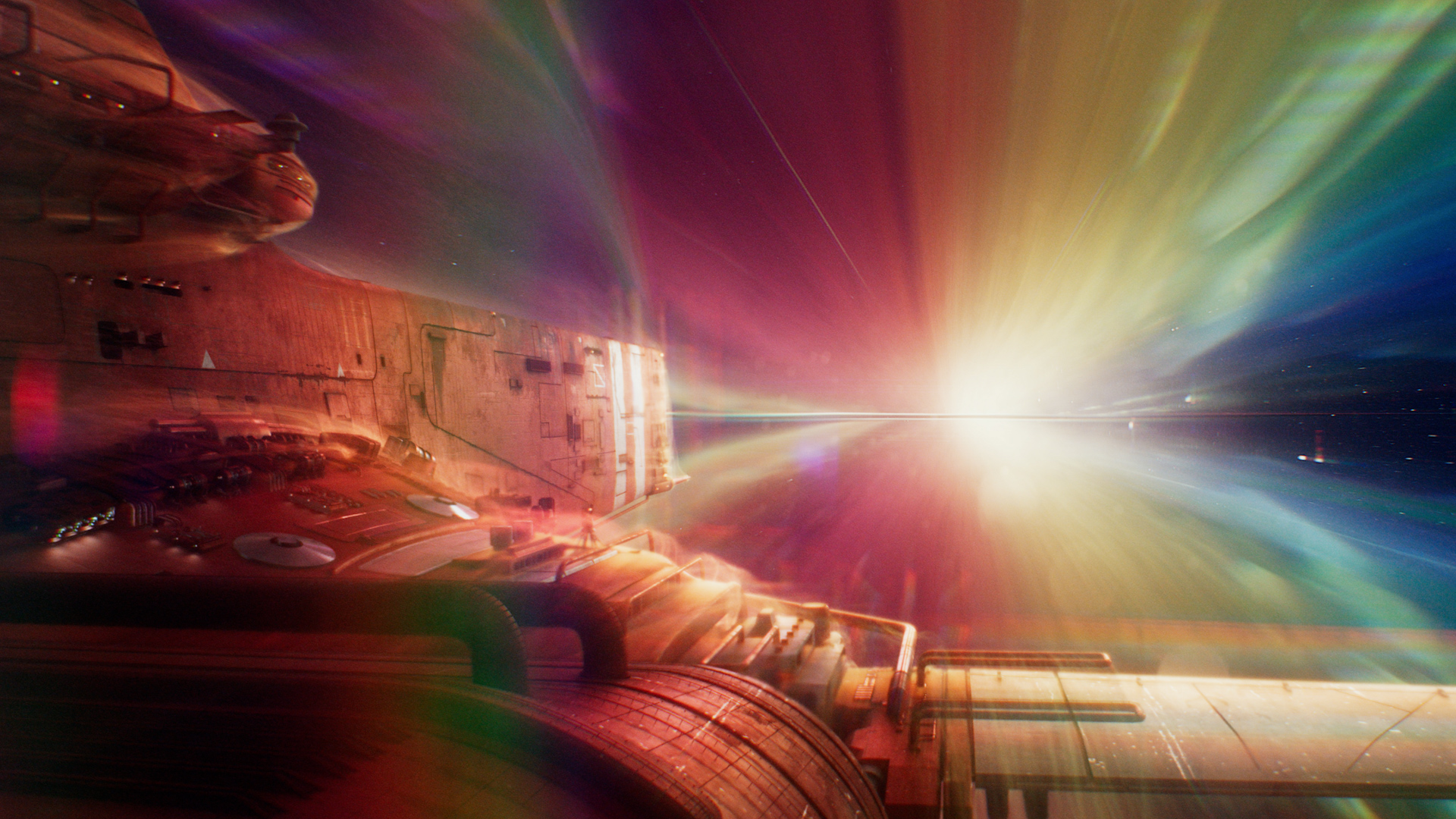
There’s two things that could happen now. Sony could give Firewalk the latitude to re-tool Concord as a free-to-play title as so many games have done before, and compete for a space in an already oversaturated market. That option isn’t a given success though, because it will require more money, more time, and more resources. The other option is more cynical, but given how much of a misery-factory modern game development has become, it’s just as possible: Sony cuts and runs. It wouldn’t be the first time in recent memory that a corporation killed a finished project to simply serve up its corpse as a tax write-off.
Concord has been shut down.
Concord was fine.
Two logically true statements that become functionally meaningless when put together. But here we are, children of history with our backs to the future, a storm of chaos piling debris at our feet. We’d like to think that the people at the top can navigate the storm—draw a straight line to a distant horizon, mapping cause and effect—but they can’t. The storm is the progress.
It was fine. Sony did it no favours.
